Noch immer ist Sommerpause. Werder und wir bereiten uns auf eine neue Saison vor. Und in der Zwischenzeit? Sehen wir emotional bedeutungslosen WM-Fußball. Und können hier mal über andere Dinge schreiben, jenseits des Platzes. Popkultur etwa. Und weil die Sleaford Mods aus Nottingham mit ihrem siebten Album »Divide and Exit« gerade überall von sich reden machen, haben wir die Gelegenheit genutzt und ihrem Sänger Jason Williamson ein paar Fragen gestellt.
Williamson ist die Popstar-Antithese: Er stammt aus Grantham in Lincolnshire, bis zum namensstiftenden Sleaford ist es eine halbe Stunde mit dem Auto. Mehr als unregelmäßige Kinobesuche in Williamsons Jugend verbindet ihn nicht mit der Kleinstadt: »Sleaford Mods« klang einfach besser, wie ein Graffiti an einer Hauswand. Williamson arbeitete zunächst in einer Fabrik, britische working class also, kommt dann mit der Manchester-Rave-Szene in Berührung – Tony Wilsons Factory statt Fließbandarbeit – Alkohol, Drogen. Schließlich zieht es ihn nach London, mit dem Gedanken, im Zuge des britischen Musikrevivals eine Bandkarriere zu starten. Mit sämtlichen Bandprojekten scheitert Williamson. »I’ve been in bands, fuckin’ hated it« – also zieht aus Kostengründen zurück Richtung Norden, nach Nottingham. Die Ironie des Schicksals: Nachdem Williamson sich 2011 mit dem DJ und Beatbauer Andrew Fearn zusammentat und beschloss, die Regeln und Erwartungen der Musikindustrie zu ignorieren, beginnt das Ding zu laufen: Die krude Mischung aus britischem Punk (à la Johnny Rotten), rohem Hip-Hop (Wu-Tang und der frühe Mike Skinner) und scheppernden Beats (die frühe Peaches) stößt überall auf offene Ohren – und das völlig zu Recht! Radikale Lo-Fi-Ästhetik als Absage an den einschlägig clean produzierten Preset-Einheitsbrei. Aus den ebenso schmucklosen wie rohen Songskizzen der Sleaford Mods spricht Kompromisslosigkeit, Frust und Wut. Jenseits des Klischees. Williamson nimmt kein Blatt vor den Mund; der heute 43-Jährige ist textlich nahe am Tourette gebaut. Fearn bleibt seinem Minimalismus (zwei Loops statt drei Akkorde) treu und beschränkt sich bei Live-Sessions auf das Drücken der Play-Taste seines Laptops. Anschließend beschränkt er sich darauf, ein Bier zu trinken und an seiner E-Zigarette zu ziehen – großes Kino.
Wir freuen uns, dass sich Jason die Zeit genommen hat, ein paar Fragen für uns zu beantworten.
Jason, what’s wrong in Nottingham (or generally in the UK) these days?
Everything! We are chained to an oiled cog that is beginning to make some seriously bad noises, but its a machine that was never intended to go anywhere or serve a logical purpose. So the people have no regard for it even though they still operate it. Its conclusion will be one surrounded in bone chilling boredom. The end game being an anti climax because its history has been nothing more that a hellish tedium.
Do you remember better times? Which was the first concert you’ve visited, for example? You were into Madchester and Rave as well, if I’m right? Which was the best music performance you’ve experienced as part of the audience?
The first proper gig was Public Enemy at Rock City in Nottingham, October 1987 – brilliant! I like the Stone Roses from that era, The Mondays, The LA’s and a few other bits.
Which are the five most important records of your life?
- »Only Built 4 Cuban Linx« by Reakwon
- »Enter The Wu-Tang (36 Chambers)« by The Wu-Tang Clan
- »Marcberg« by Roc Marciano
- »In Heaven« by The Meteors
- … and most of the Jam albums.
And your five favourite swearwords?
- Cunt
- Wanker
- Bastard
- Thick Cunt
- Prick
You once called the terraces and terrace culture as direct descendents of Mod culture. Why did Mod lose its rebellious potential?
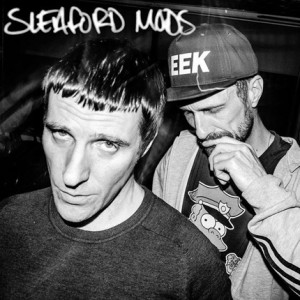 It didn’t really have one! No subculture is rebellious because it allows itself to be monitored. It lost its identity, but only after the last dying gasp of Oasis which was arguably around 1996. After this period any images professing to represent Mod have been false and largely invented for marketable profit. Think of Miles Kane etc.!
It didn’t really have one! No subculture is rebellious because it allows itself to be monitored. It lost its identity, but only after the last dying gasp of Oasis which was arguably around 1996. After this period any images professing to represent Mod have been false and largely invented for marketable profit. Think of Miles Kane etc.!
You seem to have issues with the Gallagher brothers and the current music scene – did they and the whole Britpop thing sell out British music’s counterculture? When Noel walked into Downing 10 to have a drink with Tony Blair? Or was it earlier? Where and when did British music lose its (anti-establishment) momentum?
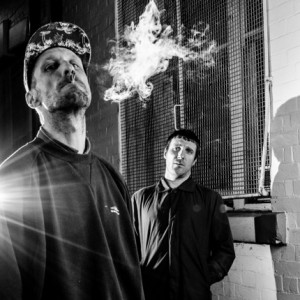 Weller’s »Wildwood« displayed his personal refusal to carry on with social commentary, which isn’t a critque as such – but it entered a phase of ›personal reflection‹ and as a leading figure at the time in Mod this obviously dulled any trend in social attack. It was a very effective album, he reshaped the acoustic singer/songwriter very well and as such caused a trend in the above. The Roses’ debut had been cemented as a classic, but its attack on the political elite wasn’t picked up on. And by the time of Oasis the country was desperate for another Roses – but what they got was a more one-dimensional model, one that carried more nihilism and discard for politics. Oasis embodied the stereotype of Rock ’n‘ Roll but theatrically incorporated the Working Class culture the Stone Roses had hinted at (but had themselves not overplayed). Because of this generally bad adoption Oasis were easily integrated into the capitalist fix and imploded very quickly. Oasis had something you can’t deny that but it couldn’t extend itself due to Noel being unaware of his corruption, he took the ship with him. Today only a vague memory remains of »Definitely Maybe«’s power because it has mostly been buried under his quest to obtain a vast fortune.
Weller’s »Wildwood« displayed his personal refusal to carry on with social commentary, which isn’t a critque as such – but it entered a phase of ›personal reflection‹ and as a leading figure at the time in Mod this obviously dulled any trend in social attack. It was a very effective album, he reshaped the acoustic singer/songwriter very well and as such caused a trend in the above. The Roses’ debut had been cemented as a classic, but its attack on the political elite wasn’t picked up on. And by the time of Oasis the country was desperate for another Roses – but what they got was a more one-dimensional model, one that carried more nihilism and discard for politics. Oasis embodied the stereotype of Rock ’n‘ Roll but theatrically incorporated the Working Class culture the Stone Roses had hinted at (but had themselves not overplayed). Because of this generally bad adoption Oasis were easily integrated into the capitalist fix and imploded very quickly. Oasis had something you can’t deny that but it couldn’t extend itself due to Noel being unaware of his corruption, he took the ship with him. Today only a vague memory remains of »Definitely Maybe«’s power because it has mostly been buried under his quest to obtain a vast fortune.
Let’s assume you’d record a mixtape today. Name the first three songs, please.
- Surburban Rebels – »The Business«
- The Brian Jonestown Massacre – »What you isn’t«
- The Specials – »Hey Little Rich Girl«
Are you interested in football? Do you support a club?
Can’t be doing with football. And I’m not interested in the World Cup.
What do you associate with the term »modern football«?
Money and white teeth!
Wanna say something to your (future) fans in Germany? When will we see you live over here again?
Fucking love your country! We’ll be back this year again, hopefully.
Fotos: Simon Parframent & Sleaford Mods.
http://sleafordmods.com/
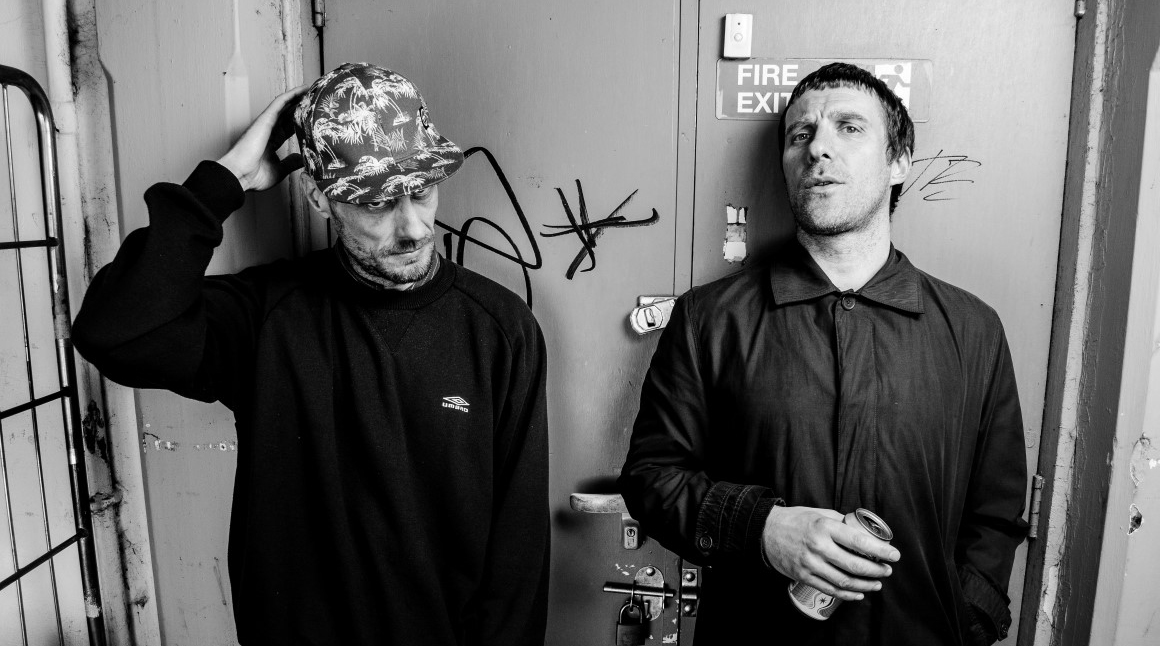
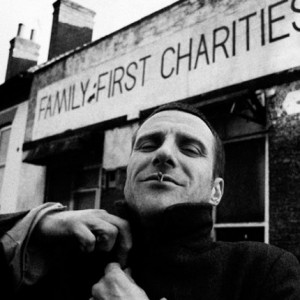
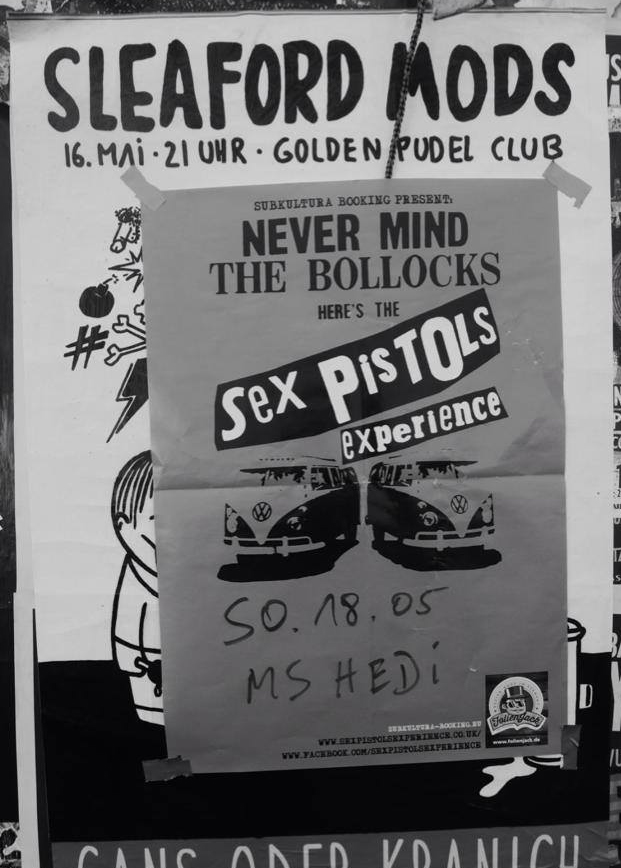
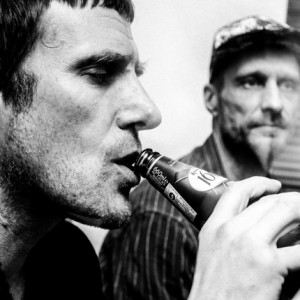
Pingback: A pre-season friendly (pt.1) | vert et blanc